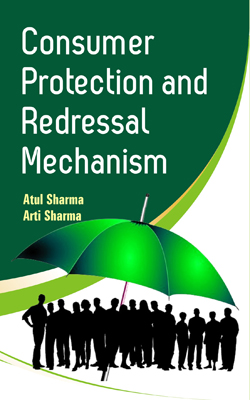Description
About the Book
The Alchemy of Happiness (Kimiya-yi Sa’adat) of Al-Ghazzali emphasized the importance of observing the ritual requirements of Islam, the actions that would lead to salvation, and avoidance of sin. The factor that set the Alchemy apart from other theological works at the time was its mystical emphasis on self-discipline and asceticism. Sa’ada (happiness) is a central concept in Islamic philosophy used to describe the highest aim of human striving. Sa’ada is equated with “ultimate happiness”, namely that of the hereafter. It is achieved only after a human being has liberated his/her soul completely from its corporal existence, achieving “active intellect”. The teachings were to help man to live a life in accordance with the sacred law, and by doing so gain a deeper understanding of its meaning on the day of Judgement.
About the Authors
Al-Ghazzali was a Persian theologian, philosopher, and prolific Sunni Muslim author, and is regarded as one of the great thinkers of Islam. He believed that the Islamic spiritual tradition had become moribund and that the spiritual sciences taught by the first generation of Muslims had been forgotten. Al-Ghazali played a major role in integrating Sufism with Shariah. He was also the first to present a formal description of Sufism in his works. His works also strengthened the status of Sunni Islam against other schools. He authored over 70 books on science, Islamic reasoning and Sufism. His works were so highly acclaimed by his contemporaries that al-Ghazali was awarded the honorific title “Hujjat al-Islam (Proof of Islam).
Claud Field was an author and translator of Russian and Arabic literature. Aside from translating many of the works of Gogol, his best known translations are the works of Abu Hamid al-Ghazali, namely The Alchemy of Happiness and The Confessions of Al Ghazzali.











Reviews
There are no reviews yet.